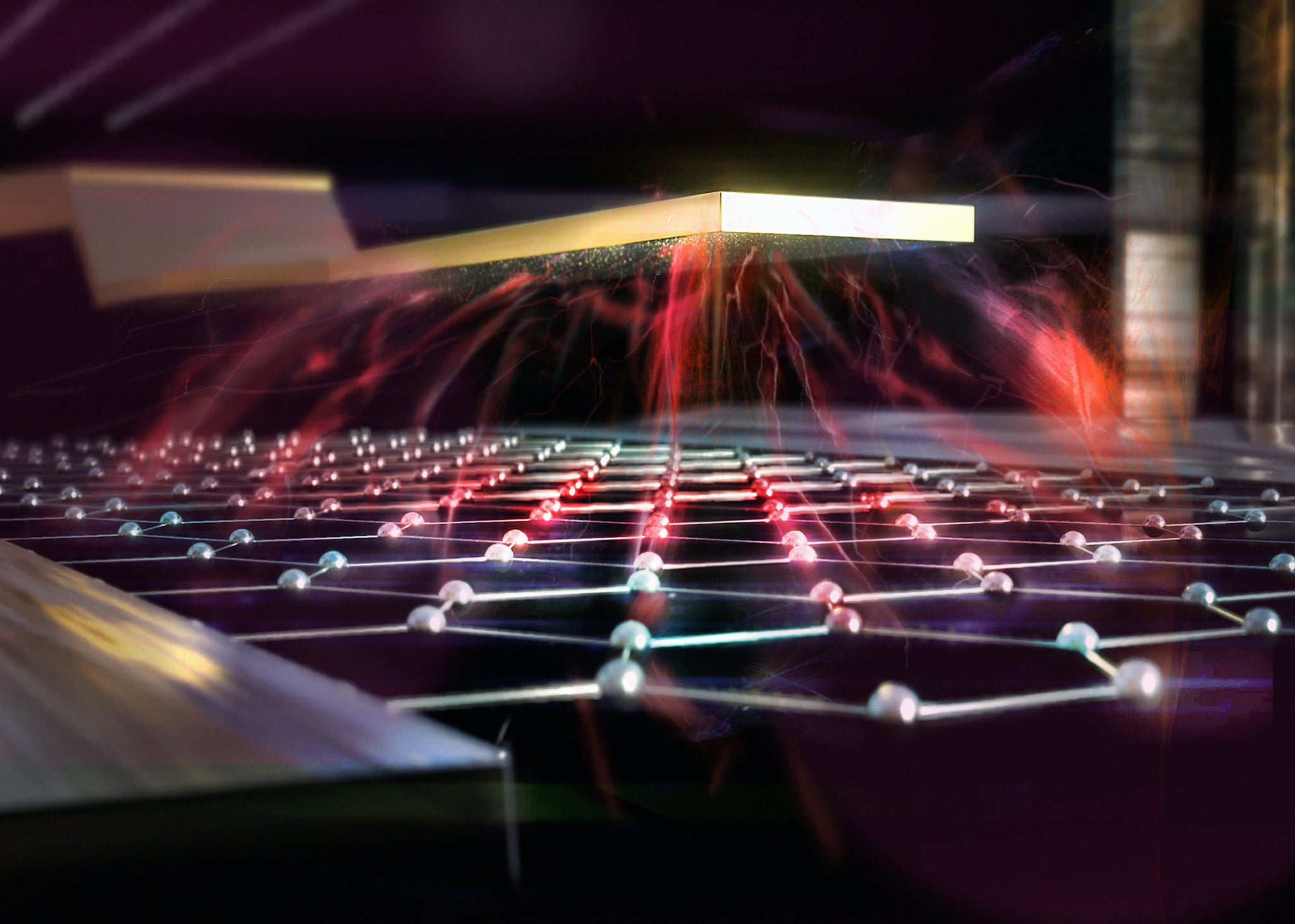AI invents millions of materials that don’t yet exist
‘Transformative tool’ is already being used in the hunt for more energy-dense electrodes for lithium-ion batteries

Scientists have developed an artificial intelligence algorithm capable of predicting the structure and properties of more than 31 million materials that do not yet exist.
The AI tool, named M3GNet, could lead to the discovery of new materials with exceptional properties, according to the team from the University of California San Diego who created it.
M3GNet was able to populate a vast database of yet-to-be-synthesized materials instantaneously, which the engineers are already using in their hunt for more energy-dense electrodes for lithium-ion batteries used in everything from smartphones to electric cars.
The matterverse.ai database and the M3GNet algorithm could potentially expand the exploration space for materials by orders of magnitude.
UC San Diego nanoengineering professor Shyue Ping Ong described M3GNet as “an AlphaFold for materials”, referring to the breakthrough AI algorithm built by Google’s DeepMind that can predict protein structures.
“Similar to proteins, we need to know the structure of a material to predict its properties,” said Professor Ong.
“We truly believe that the M3GNet architecture is a transformative tool that can greatly expand our ability to explore new material chemistries and structures.”
The team now plans to significantly expand the number of materials on the database, while continuing to investigate which materials may prove useful in assisting future scientific discoveries.
It is estimated that more than a million of the 31 million materials on the matterverse.ai database are stable enough to use.
A study detailing the new AI tool was published in the scientific journal Nature Computational Science on Monday.
Join our commenting forum
Join thought-provoking conversations, follow other Independent readers and see their replies
Comments
Bookmark popover
Removed from bookmarks